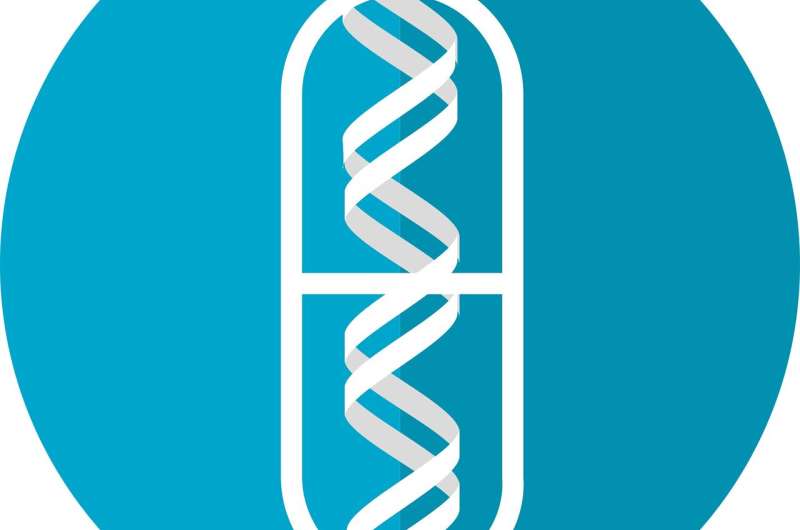New treatment combination without chemotherapy is effective in PH+ acute lymphoblastic leukemia

The combination of dasatinib, blinatumomab, and prednisone can be effective in treating older patients with Philadelphia chromosome-positive (Ph+) acute lymphoblastic leukemia (ALL) who are not good candidates for intensive chemotherapy treatment.
These results from the S1318 clinical trial, led by the SWOG Cancer Research Network, a cancer clinical trials group funded by the National Cancer Institute (NCI), part of the National Institutes of Health (NIH), are being presented at the 2021 American Society for Hematology (ASH) Annual Meeting on December 13.
Anjali S. Advani, MD, a SWOG investigator at the Cleveland Clinic Taussig Cancer Institute, led the study with study co-chair Kristen O'Dwyer, MD, of the Wilmot Cancer Institute at the University of Rochester.
"The results of this trial may allow us to deliver a tolerable and highly efficacious regimen to older patients with Ph+ ALL and improve outcomes for these patients," Advani said.
Patients with the Ph+ form of ALL are often treated with intensive chemotherapy. But many older patients with Ph+ ALL cannot tolerate the side effects of intensive chemotherapy and are instead treated with drugs known as tyrosine kinase inhibitors, or TKIs, along with corticosteroids. These low-intensity treatments have put ALL into remission for many of these patients, but they have been less effective in increasing patients' disease-free survival (DFS) times—the length of time patients remain alive and cancer-free.
Recognizing that better treatment approaches are needed for these patients, Advani and her team in 2015 launched study S1318, a phase II clinical trial that treated older patients with Ph+ ALL, both newly diagnosed and relapsed or refractory patients, using a new combination that added the immunotherapy drug blinatumomab (a bispecific T-cell engager) to dasatinib (a TKI) and prednisone (a corticosteroid).
The trial enrolled 24 patients with Ph+ ALL. One additional patient was enrolled who had Ph-like ALL with genetic changes that are sensitive to dasatinib treatment. All patients were 65 years or older, had no evidence of central nervous system disease, and had adequate organ function.
Patients received initial induction therapy with dasatinib and prednisone. Those whose ALL went into complete remission then received post-remission therapy with blinatumomab and dasatinib. If their ALL remained in complete remission, these patients eventually moved to long-term maintenance therapy with dasatinib and prednisone.
Patients whose ALL did not go into complete remission after initial induction therapy received re-induction therapy with one or two courses of blinatumomab. If their ALL then went into complete remission, they moved to post-remission therapy and eventually, if ALL remained in complete remission, to long-term maintenance therapy.
Of the 25 patients, 23 (92 percent) achieved complete remission during induction therapy. Of these 23 patients, 16 were assessed for minimal residual disease (MRD) at day 28 of their treatment, and five of these 16 patients (31 percent) showed no evidence of MRD.
With a median time in follow-up for trial patients who are still alive of 1.7 years, researchers have estimated a three-year DFS rate of 80 percent and a three-year overall survival rate of 85 percent for patients enrolled to the study.
"The estimated DFS is improved compared to treatment with dasatinib and steroids alone, and the results are encouraging," Advani said. "Further follow up will be needed to determine the durability of these results."
During induction therapy, two patients experienced treatment-related non-hematologic Grade 4 toxicities. No Grade 4 or higher treatment-related non-hematologic toxicities occurred during post-remission or maintenance therapy.
More information: Trial: www.swog.org/clinical-trials/s1318



















